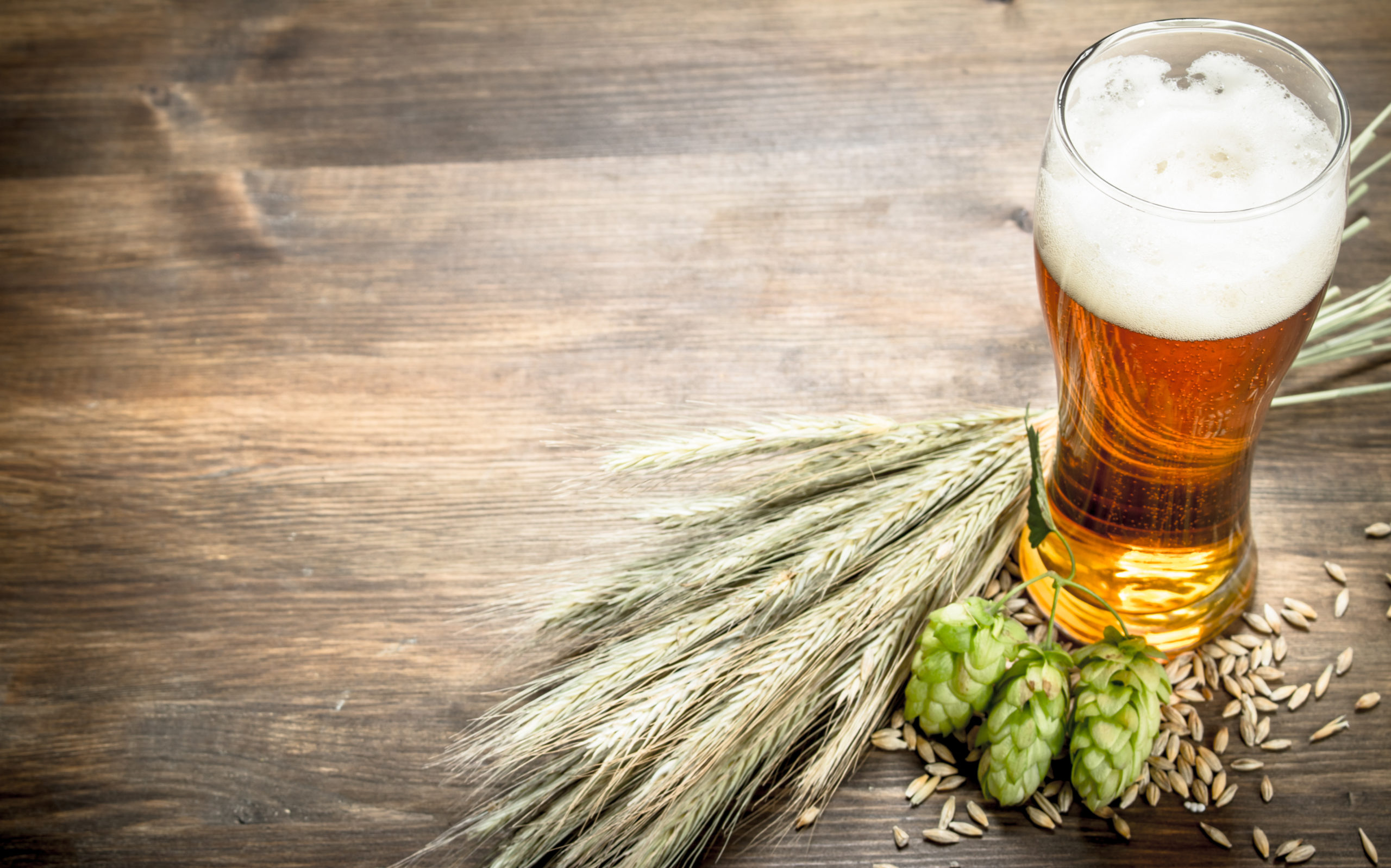
Thank Catholic Innovation for – Beer
When St. Benedict outlined his rules for monastic life, he likely didn’t anticipate monasteries revolutionizing beer-making and taking over the brewing industry. But that’s what happened!
In the 6th century, St. Benedict of Nursia wrote The Rule, a series of guidelines for monastic life, which included two important rules that effectively kickstarted monastic brewing: monks were to earn their own keep and provide for life at the monastery, and they were required to show hospitality to travelers. Because monasteries needed to provide their own food, many became self-sustaining farms that also sold goods, including beer, to make profit that benefited the religious order. They also offered beer to travelers because it was nutrient-rich and safer to drink than water at the time.
Though monks are not credited with inventing beer, they are credited with innovating production and preservation, which allowed for large-scale growth. By the 12th century, 600 monastic breweries thrived across Europe, leading to the first commercial breweries popping up in the centuries that followed. But what made their production and preservation so innovative?
Unlike their beer-making predecessors, monks followed strict standards for sanitation in their breweries, which was a new concept in the Middle Ages. They also introduced hops into their brews, which both added flavor and preserved the liquid for longer periods of time, increasing the life of the products they were selling. Additionally, they were the first known brewers to practice “lagering,” which ages the beer at near-freezing temperatures. As they developed different recipes and methods, they kept detailed records of their work, another innovative process that has allowed their traditions to remain alive centuries later.
Some of the early monasteries are still crafting beer today, and their brews are considered among the best beers in the world. The monks have shared that brewing and sharing is an opportunity for evangelization; people may be wary of a church, but they’ll hardly ever turn down a refreshing, cold beer. It might not be holy water, but this “liquid bread” has allowed the Church to serve people in a unique way for more than 1500 years.



